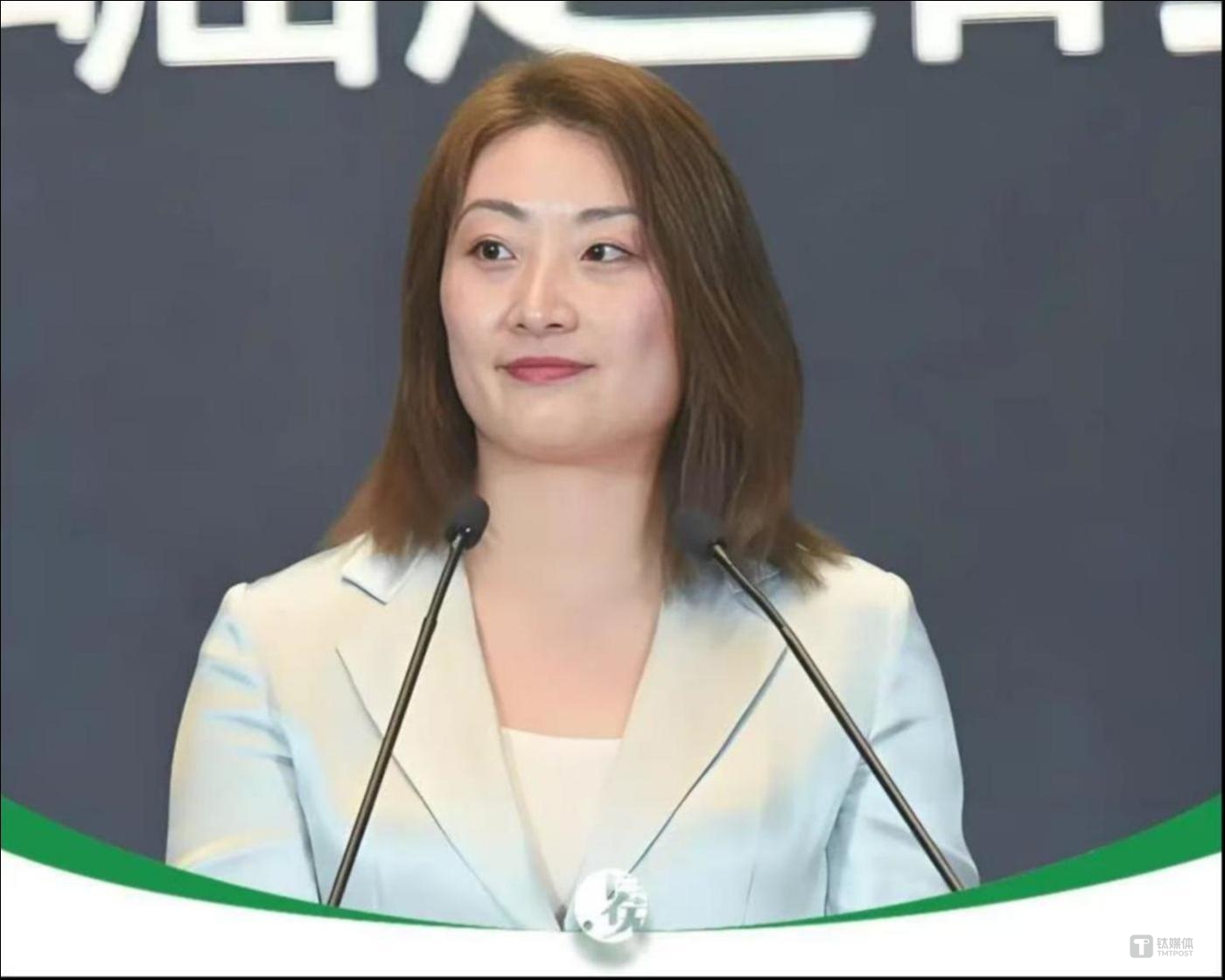
AsianFin -- The late Zong Qinghou, founder of China’s beverage giant Wahaha, may have passed away, but his will and handwritten instructions continue to dictate the course of a high-profile family feud over his multibillion-dollar estate.
On August 1, Hong Kong’s High Court issued a procedural ruling that clarified several key facts in the inheritance dispute involving Zong’s daughter and Wahaha CEO, Kelly Zong Fuli, and her three half-siblings. While the order stops short of a substantive judgment, it underscores the legal complexities of a battle over US$2.1 billion in offshore trusts—assets Zong had instructed to be set up for his extramarital children.
Deputy High Court Judge Gary Lam issued an interim injunction freezing a US$1.8 billion HSBC account controlled by Kelly Zong, barring her from withdrawing funds until further court orders. The judge also ordered her to disclose the account's latest balance. The injunction will remain in force until a final ruling is delivered by courts in Hangzhou and Zhejiang, signaling that the substantive verdict lies in mainland China’s jurisdiction.
In a courtroom drama watched closely by Chinese business circles, neither the plaintiffs nor Kelly Zong appeared in person. Instead, both sides dispatched their legal teams—seasoned and evenly matched attorneys who battled over complex trust structures and asset control on their behalf. The absence of direct testimony underscored the high-stakes, strategic nature of the legal showdown, where every word in Zong Qinghou’s legacy documents is being scrutinized for leverage.
The court’s ruling sheds light on Zong Qinghou’s explicit intention to establish three offshore trusts for his half-siblings—Jacky Zong Jichang, Jessie Zong Jieli, and Jerry Zong Jisheng—each valued at US$700 million. According to court documents, Zong Qinghou personally drafted instructions in late January 2024, just weeks before his death, directing his confidante Guo Hong to execute the trust arrangements via HSBC Hong Kong.
However, the existence of these instructions does not automatically equate to the formal establishment of the trusts, the court noted. Unlike a will, which can take immediate legal effect if valid, trust arrangements involve complex asset transfers and legal formalities that, in this case, remain unresolved.
At the heart of the legal battle is a fundamental distinction between “principal” and “interest.” Zong Qinghou’s handwritten instructions explicitly stipulated that the US$2.1 billion in trust principal was to remain untouched, with only the investment interest income distributed to the beneficiaries. The plaintiffs, however, argue that the capital sum itself represents a clearly earmarked asset pool that must be locked into the trust immediately, while Kelly Zong’s legal team contends that only the interest derived from these funds constitutes the plaintiffs’ true entitlements.
Kelly Zong’s lawyers have emphasized that, per Zong Qinghou’s wishes, the trusts were designed as capital-preserving structures, ensuring a steady, lifelong income stream for the plaintiffs without depleting the core assets. The principal, therefore, remains under broader estate control—an interpretation that gives Kelly Zong significant discretion in managing the timing and manner of the trust establishment.
The plaintiffs contend that Kelly Zong breached this agreement by delaying the trust setup and diverting funds—including a US$1.08 million transfer for a factory investment. They are seeking judicial orders to compel her to finalize the trust arrangements and provide full accounting transparency, arguing that any encroachment upon the principal undermines the trust’s integrity.
Yet, the High Court noted that from the combination of Zong’s handwritten instructions, Power of Attorney, and subsequent family agreements, a quid pro quo arrangement was evident: the plaintiffs acknowledged Kelly’s leadership over Wahaha and the estate, in exchange for guaranteed financial security through the trust's interest distributions—not direct ownership of the principal itself.
The court further observed that whether the plaintiffs’ rights extend beyond interest income to include control over the principal is a legal grey area, now left for determination by the courts in Hangzhou. This distinction will prove pivotal, as it defines whether Kelly Zong retains ultimate authority over the US$2.1 billion asset pool or if it becomes a legally ring-fenced trust corpus outside her discretion.

One thing is clear—Zong Qinghou intended to preserve family harmony through carefully structured financial arrangements. Yet, the precise legal scope of those arrangements is now being tested in a battle where the principal symbolizes control, while the interest represents obligation.
For now, the Hong Kong court’s ruling has frozen the contested HSBC account and maintained the status quo. But as the legal arguments pivot to Hangzhou, Zong Qinghou’s legacy continues to shape both the fortunes and fractures of China’s most famous beverage dynasty.
更多精彩内容,关注钛媒体微信号(ID:taimeiti),或者下载钛媒体App

